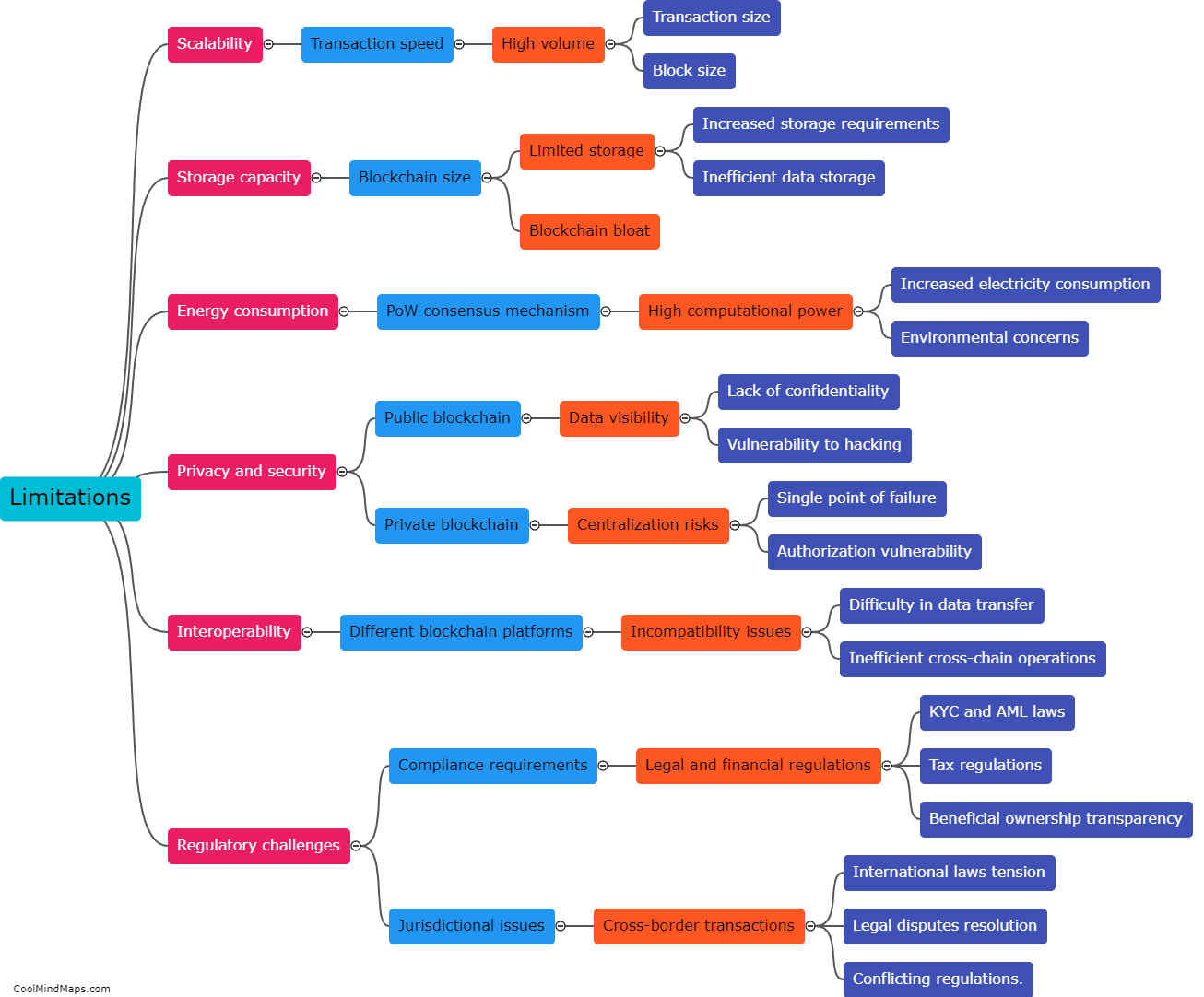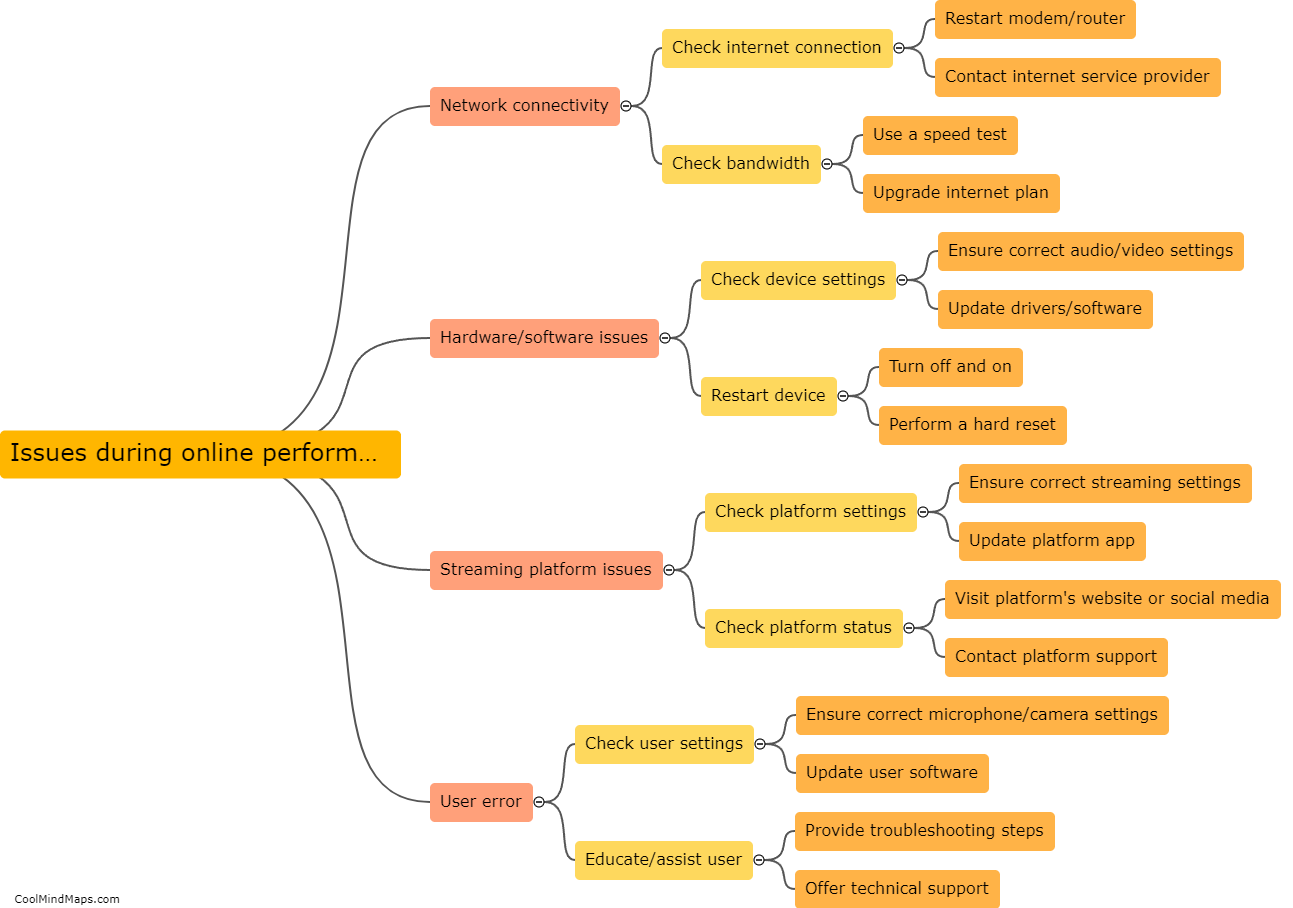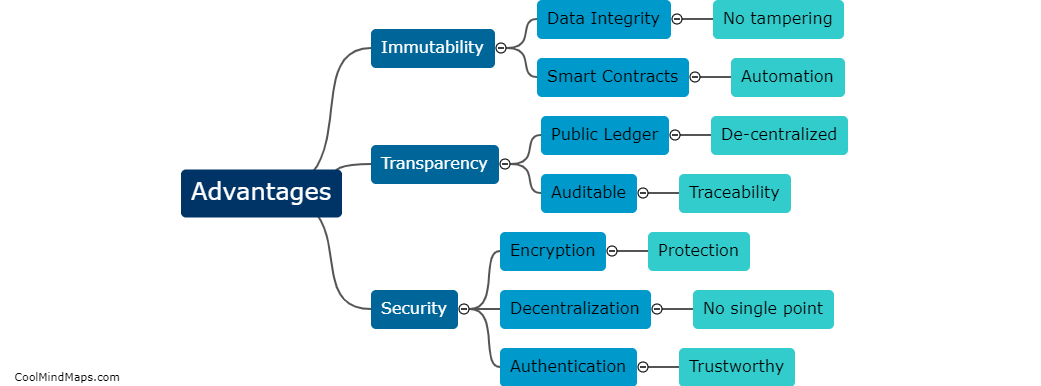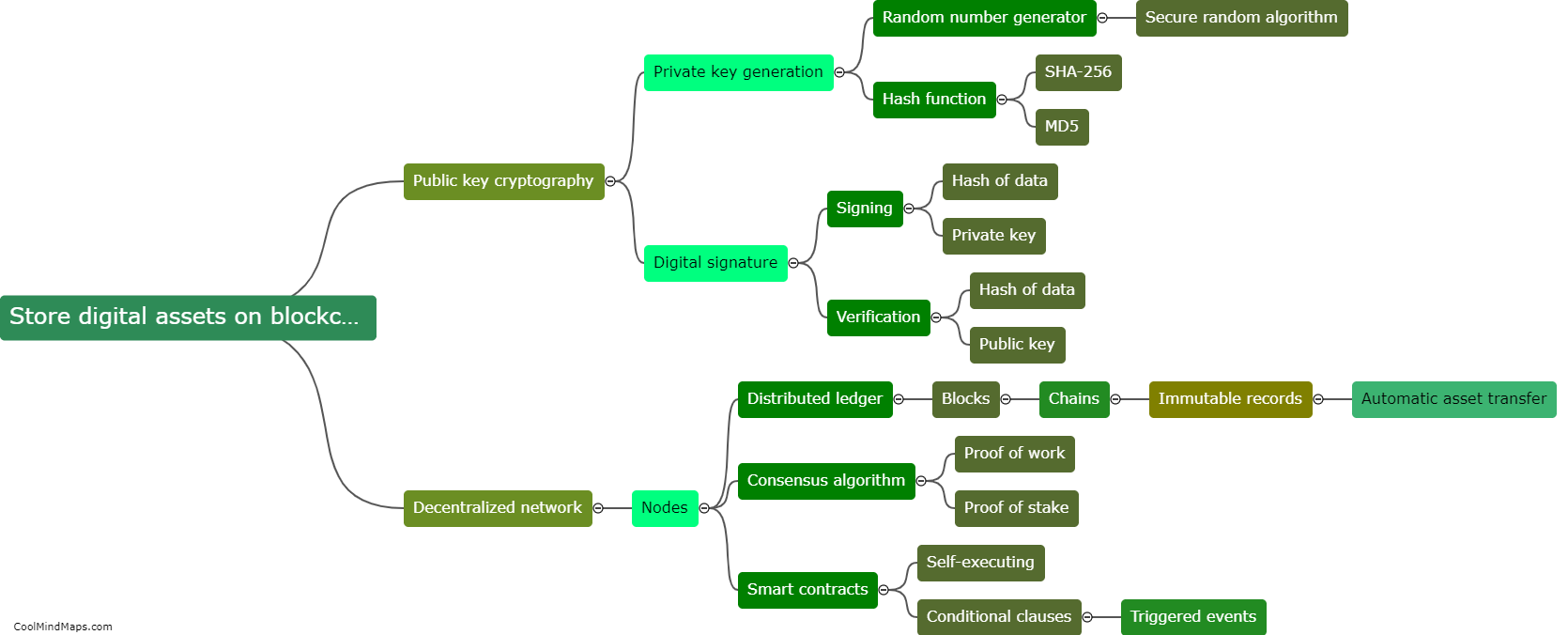Are there any limitations or challenges to storing digital assets on blockchain?
While blockchain has emerged as a promising technology for secure and transparent data storage, it does have certain limitations and challenges when it comes to storing digital assets. Firstly, scalability remains a significant obstacle. Blockchain networks, depending on their design, can have limitations regarding the number of transactions they can handle per second, which might hinder the smooth storage and retrieval of digital assets at a large scale. Additionally, the immutability of blockchain, which ensures data integrity, can also be a limitation when errors or disputes arise, as it becomes challenging to modify or reverse any stored data. Moreover, the high energy consumption required for blockchain's consensus mechanisms, such as proof-of-work, could pose environmental concerns. Finally, the complex nature of blockchain technology and the requirement for specialized knowledge can hinder its widespread adoption and usability. Nevertheless, ongoing research and technological advancements aim to address these limitations and make blockchain technology more efficient for storing digital assets.

This mind map was published on 9 September 2023 and has been viewed 118 times.











